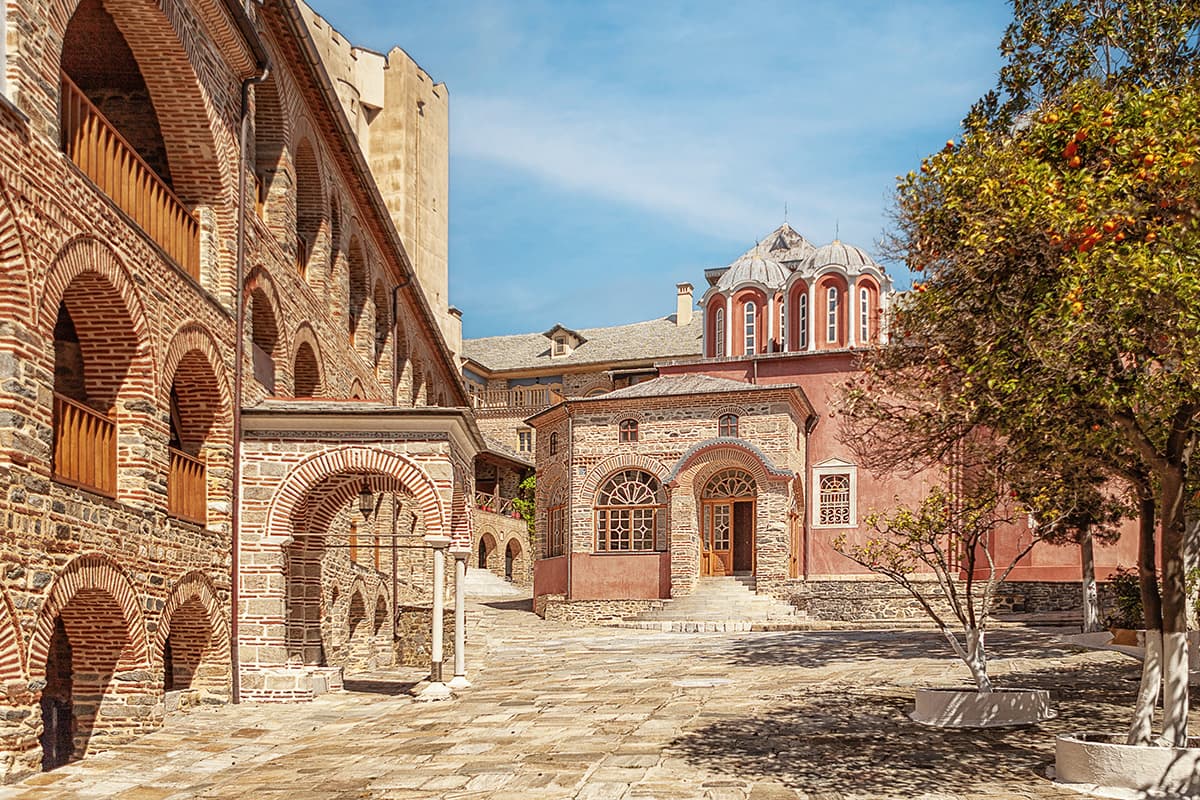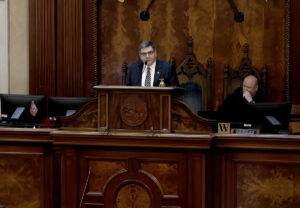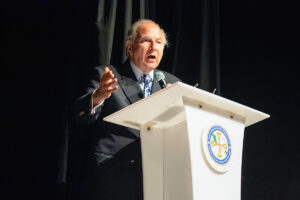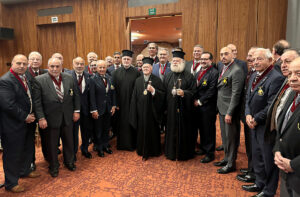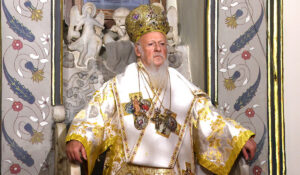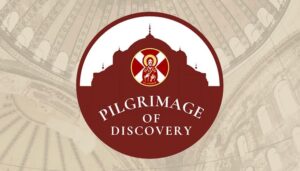On Sunday, February 2, 2025 at 2 p.m. EST/9 p.m. Athens EEST, the Academia Symposium Committee of the Archons of the Ecumenical Patriarchate will present a webinar, “Archiving and Translating Ottoman Historic Records at Mount Athos, the Holy Mountain.” The distinguished panelists will include:
Prof. Dr. Johannes Niehoff- Panagiotidis – Freie Universitat Berlin
Anastasios Nikopoulos – Lawyer and Law Historian
Richard Wittman, PhD – Associate Director of the Orient-Institut Istanbul
Jamshid Tirani, PhD candidate – Freie Universitat Berlin, Byzantine Studies
Fr. Kosmas Petris, PhD – Simonopetris Monastery
Dr. Venessa R. de Obaldia, with Maciej Pawlinowski – Head of CHIL at Cambridge University Library.
Moderator and Sponsor: Lou Katsos, President EMBCA
The Academia Symposium Committee is charged with the responsibility of organizing and managing academia symposia focusing both on the external challenges facing the Ecumenical Patriarchate and on the five major religious freedom issues critical to the Ecumenical Patriarch and to all Orthodox Christians. Its chair is Archon Dr. George Zimmar, Ph.D.
Join us for this unique discussion with among the foremost authorities who have started to archive, translate, research, and analyze the valuable historic Ottoman documents at Mount Athos.
The Ottoman records on Mount Athos provide a valuable historical perspective on the interactions between the Ottoman Empire and the monastic community on the holy mountain. Mount Athos, a significant center of Eastern Orthodox Christianity, became part of the Ottoman Empire in the 15th century. Despite the empire’s Islamic foundation, Ottoman sultans granted privileges to the monastic community, allowing the monks to preserve their religious practices and self-governing status. The Ottoman records, primarily tax registers, property deeds, and legal documents, reveal the empire’s complex approach to governing non-Muslim subjects.
These documents illustrate the fiscal arrangements that enabled monasteries to pay taxes in exchange for protection and autonomy, preserving their lands and spiritual traditions. The records also shed light on issues such as land disputes, economic contributions of the monasteries, and interactions with local Ottoman officials. Ottoman tolerance of Mount Athos reflects the pragmatic and flexible policies the empire applied to diverse communities, fostering stability. Thus, Ottoman records on Mount Athos not only document the mountain’s administrative and economic history but also reveal a unique coexistence between Islamic governance and Orthodox Christian tradition, providing insights into the broader dynamics of the empire’s diverse society.
Archiving and translating the Ottoman records on Mount Athos is crucial for preserving insights into the empire’s relationship with Orthodox Christian communities. Translating these documents makes them accessible to a broader audience, offering valuable historical, cultural, and political perspectives. Such efforts help scholars understand Ottoman policies toward non-Muslim subjects, while also preserving the heritage of Mount Athos and illuminating an important chapter in the history of interfaith interactions.
